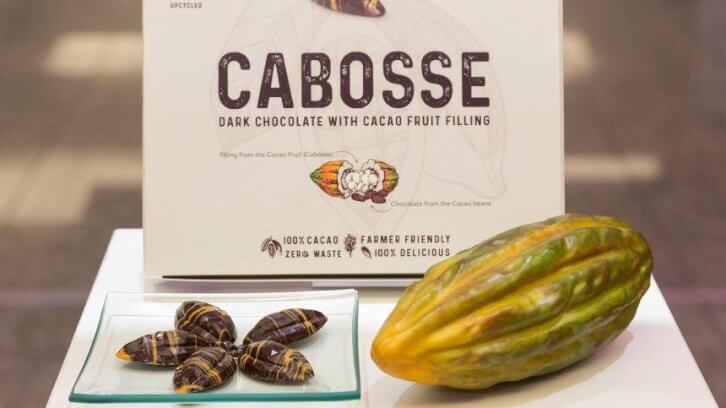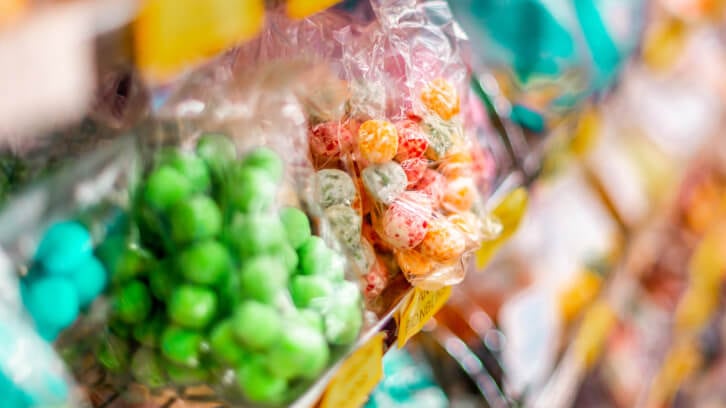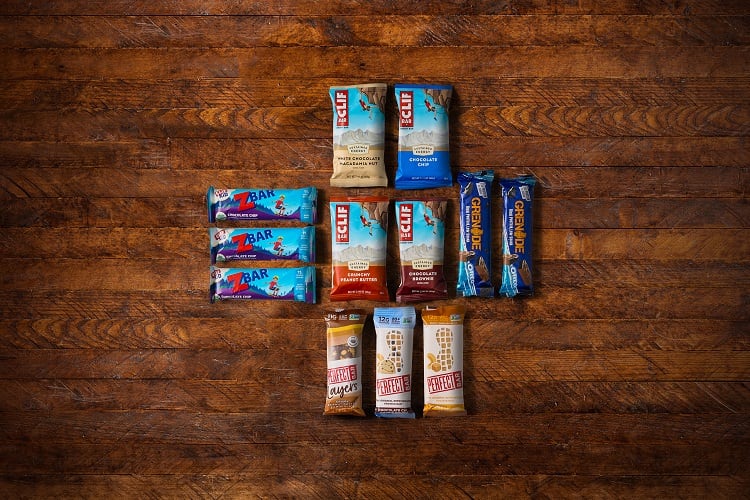In a competitive environment like confectionery, big names tussle for the position of market leader and in 2024, sustainability has become a key metric influencing consumers’ decision-making processes.
Indeed, according to chocolate and biscuit leader Mondelēz International, which recently published its State of Snacking 2024 report more than two-thirds of global consumers agree they often opt for brands that align with their values.
With revenue in the confectionery sector reaching $1.11tn in 2023, and market growth predicted to be 4.77% per year between 2023 and 2027 the rewards for hitting that sweet spot are huge.
What are confectionery consumers focused on?
Today’s confectionary shoppers want products that minimise their environmental impact. In-store and online 63% of consumers pay attention to brands with proactive plans to reduce their carbon emissions, source ingredients responsibly and prioritise sustainable supply chains, the Mondelēz International’s report states.
Effective sustainable approaches span all company processes, procedures and policies. They do not end at a company’s product development stage but are integral throughout the entire lifecycle of confectionery items. Circular economy practices that revolve around recycling, reusing and repurposing are the gold standard of sustainability, supporting the pillars of resource efficiency, waste reduction, prioritizing ethics and protecting the planet.
Here, we look at five of the leading sustainability trends in confectionery in 2024.
1. Putting a stop to problematic packaging
From paper sleeves and recyclable paper pouches to vegan inks and digital printing, eco-friendly packaging is a crucial indicator of sustainability in confectionery.
Single-use packaging for confectionery contributes significantly to the globe’s plastic problem and research published in the Journal Science in April 2024 found that 56 multinational companies are responsible for more than half of the world’s plastic pollution.
Nestlé was reported as one of the worst offenders, producing 3% of plastic waste. The Swiss multinational giant has committed to making 100% of its packaging recyclable or reusable by 2025.
Meanwhile, Montezuma’s Chocolates has created eco-friendly boxes and wrappers in bold colours and informative packaging to put more sustainable packaging on the shelves. Kocoatrait announced in October 2023 that it had become India's first plastic-positive craft chocolate brand by producing wrappers that are upcycled from unused cotton from garment factories and reclaimed cocoa shells, meaning they are fully biodegradable.
These are wise decisions when you consider that where they can, almost three-quarters (74%) of consumers typically recycle their snack packaging, according to Mondelēz International’s 2024 report while 67% of respondents said they prioritise snacks with less plastic packaging.
Not only are consumers demanding more sustainable packaging, environmental policies are coming into force to overcome the problem of packaging pollution. In 2024, the Extended Producer Responsibility (EPR) scheme will enter the UK’s framework. Highlighting the importance of recycling and minimising waste, the EPR seeks to ensure producers pay the total net cost of managing end-of-life food and drink packaging.
2. Embarking on energy-saving carbon offsets

Companies can minimise their energy consumption and environmental footprint using energy-efficient machinery, LED lighting, and solar and wind energy. Leading chocolate brand Hershey for example has pledged to lower its greenhouse gas (GHG) emissions by 50% by 2030. It is investing in energy-efficient technologies and exploring renewable energy sources like solar and wind power to reduce its environmental impact.
There are ingredient-specific measures that will impact a brand’s sustainability goals too. On May 7 2024, Mars launched its sustainable dairy plan, committing to a $47 million investment over three years. The company’s new climate-first approach to dairy sourcing, dubbed Moo’ving Dairy Forward, strives to help Mars reach its 2030 target of reducing its dairy sourcing’s carbon footprint by 50% by 2030.
Mars, which owns chocolate brands M&Ms and Snickers, reveals that dairy is the second largest contributor to its snacking business’ carbon footprint while raw ingredients comprise over 70% of the company's total greenhouse gas emissions (GHG).
3. Upcycling ingredients and waste-reduction
By turning waste materials or by-products into newly repurposed confectionery products -otherwise known as upcycling - brands can maximise a product’s quality or environmental value.
Over a third of consumers who opt for sustainable products would choose an item that restricts food waste over one that doesn’t, market intelligence company Mintel says.
Reimagining formulations to use the exact amounts required and minimise unnecessary ingredients are effective waste management strategies to lower the environmental impact of manufacturing confectionery products.

Bantu Chocolate makes its chocolate using cocoa pulp powder, a by-product of cocoa fruit processing, reusing previously discarded pulp powder, while Belgian chocolatier Vandenbulcke’s Cabosse pralines contain cocoa fruit pulp. As typically 70% of the ingredient is wasted, the brand reuses cocoa fruit pulp to reduce its waste.
4. Sourcing ingredients responsibly
Confectionery producers have often been spotlighted due to their perceived lack of sustainable practices when sourcing ingredients. Palm oil, in particular, has been scrutinised for its connections to deforestation, disruptions to biodiversity, and overall interruption to environmental harmony. Today’s consumers want sustainably sourced cocoa and palm oil, which signals a brand’s focus on preservation and responsible sourcing. Global agribusiness Bunge is dedicated to eradicating deforestation from its supply chains and only partners with suppliers committed to "No Deforestation, No Peat, and No Exploitation (NDPE)" approaches when sourcing palm oil.
5. Optimising ethical supply chain management
Ensuring fair wages, sustainable farming practices, equitable access to opportunities, and developing direct relationships with cacao farmers are core elements of creating sustainable supply chains that centre around social responsibility and the ethical treatment of people, communities, and the planet.
Developing its Atenea sustainability program, Chocolate Cordillera’s initiative strives to create long-term transformation for women cocoa producers. At the end of 2023, the company confirmed that 106 of its female cocoa farmers from Colombia had completed the first module of its sustainability program.
On 14th May 2024, Hershey announced it had reached the top spot on the 2024 Fair360 Top 50 Companies list. In particular, the confectionery giant was recognised for its Pathways framework, a five-year plan to promote belonging in its workplace and communities. It followed another ethical win in March when the firm earned the World’s Most Ethical Companies title by Ethisphere, a company specialising in ethical business practices.




